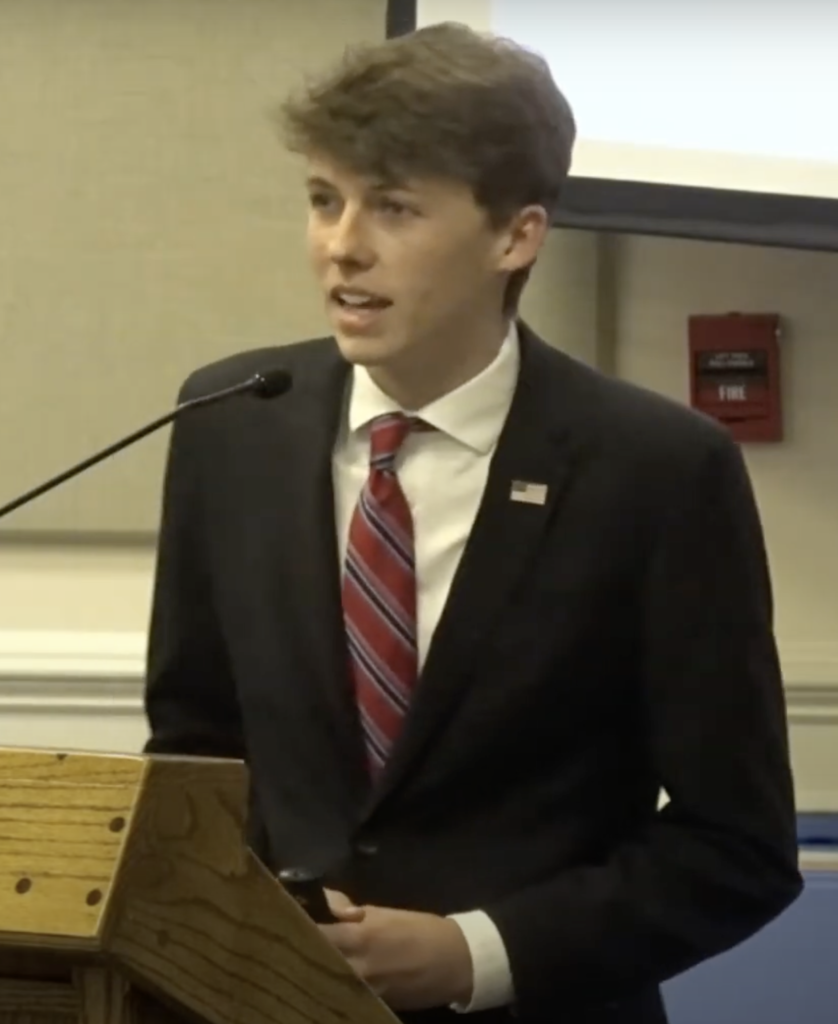Student advisors focus on mental health, college readiness

BY DAN HILDEBRAN
ClayCivic.com Publisher
KEYSTONE HEIGHTS— Schools Superintendent David Broskie’s Student Advisory Council reported their findings during the May meeting of the Clay County School Board.
Kelly Watt, the district’s chief of staff introduced the council, which consisted of 27 members, including senior high and junior high students.
Watt said the council focused on student mental health and college and career readiness.
She added that the council talked to district staff, conducted surveys and interviewed their fellow students about both topics.
“I will tell you that what they came back with was absolutely innovative,” Watt said. “They were problem solvers because we can get really good at naming problems. I mean, all of us can. But being able to come up with solutions: that’s what this team is about.”
Broskie said that in his 34 years in public education, the council’s members were the most intelligent, mature and poised group of students he has dealt with.
“The bar is set so high for next year.,” he said. “I’m like, I just can’t wait.”
“We had some really great conversations about some really difficult topics,” Broskie added, “and it was great to hear student voices and then apply it.”
The superintendent reported that subject-matter experts who interacted with the council were equally impressed by the group’s maturity and intelligence.
Mental health services
The council’s chair: Fleming Island senior Brady White said that when it comes to mental health, the problem is not a lack of services available to students but a lack of awareness.
“We realized the issue is not the lack of resources,” he said, “it’s the lack of knowledge of the resources available. The resources are there. We just have to make sure that students know about it.”
White said his council recommended that the district make teachers, guidance counselors and school staff aware of the mental health services available to students so they can point students to those services when needed.
College and career readiness
White said that the primary problem with Clay students’ college and career readiness is that parents and students wait too late before thinking about post-high school destinations.
“We only start working when it’s crunch time:” he said of his colleagues, when college admissions are due in a couple of months. We’re like, oh shoot, I need a resume.”
He added that the council recommended the guidance counselors and the district’s career and technical education office develop grade-specific advice.
“So, in the ninth-grade year, you get your feet in the water, look into possible jobs that you could be applying to when you turn 16. (In the) sophomore year: college or S.A.T. prep; junior year: really go at it with jobs and S.A.T and then senior year: admissions, college applications also.”
